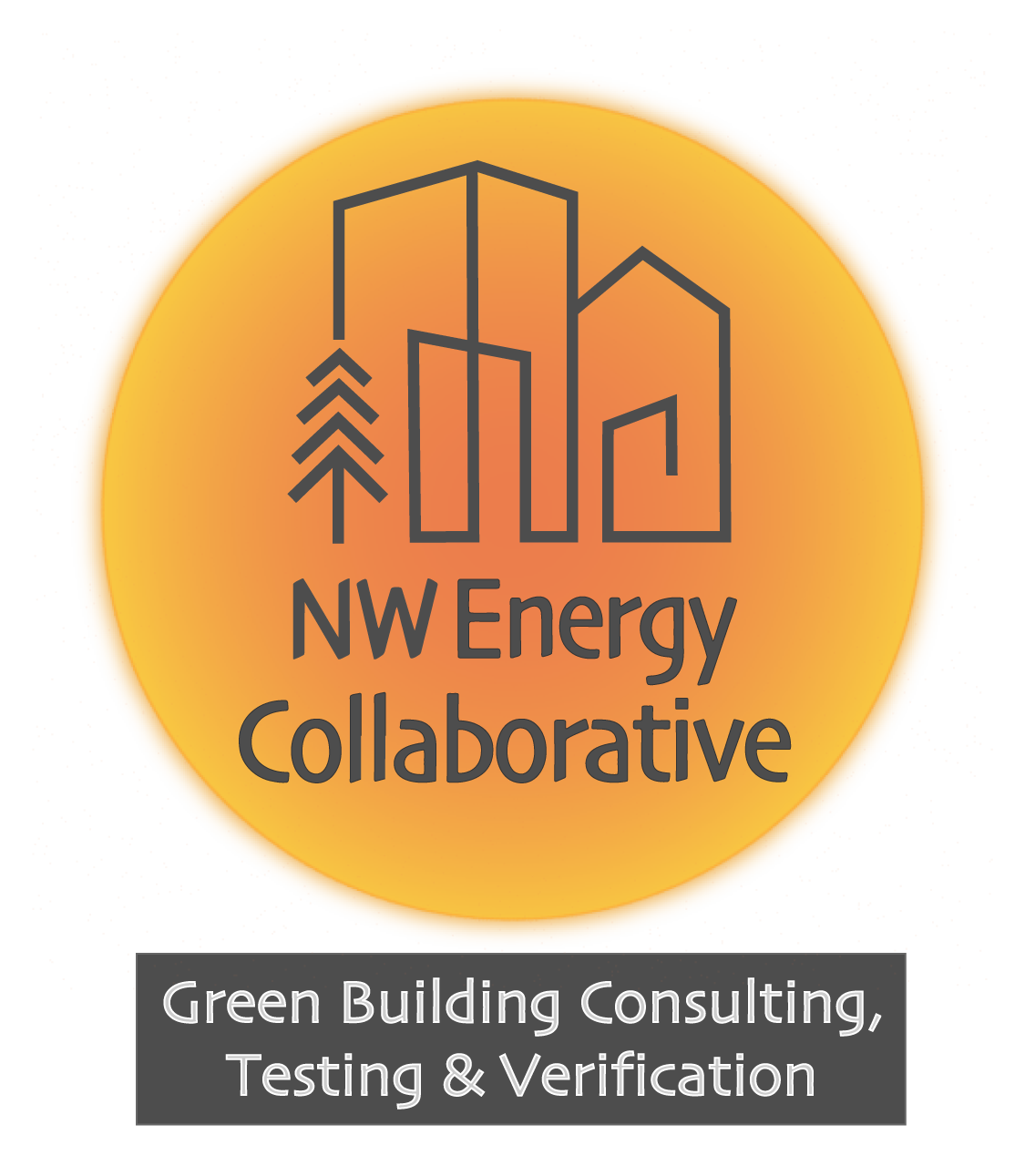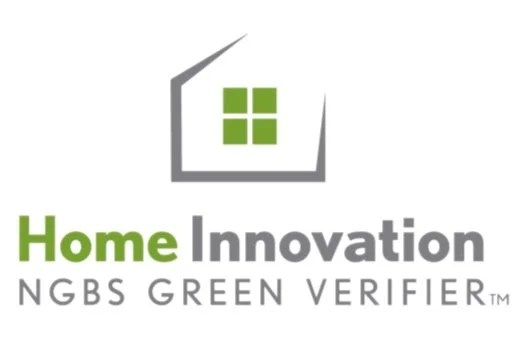Discover the Advantages of Green Building Certifications
The Best Green Building Certification
Use high-value green building certifications such as NGBS and Energy Star to make better buildings and unlock national and local incentives.
Green building certifications have gained immense popularity, with Oregon being at the forefront of sustainable construction practices. These certifications promote environmentally friendly building techniques and also contribute to reduced energy consumption and a healthier living environment. In this post, we'll explore the advantages of pursuing green building certifications, helping you decide on your next construction project.
Financial Incentives
Many states, localities, and the US federal government offer tax incentives for green building projects. These incentives can offset the costs associated with certification, making it a financially savvy choice. NGBS-certified retrofit projects can qualify for the GRRP program, offering financial incentives and support for upgrading existing buildings to meet sustainable and energy-efficient standards. In addition, CPACE funding supports green building certification in commercial properties by financing energy-efficient and sustainable improvements, covering the costs of achieving certifications like LEED or ENERGY STAR.
Reduced Maintenance and Operational Costs
Green building certification reduces maintenance and operational costs by promoting sustainable construction practices, energy-efficient systems, and durable materials. Features like efficient HVAC systems, improved insulation, LED lighting, ENERGY STAR appliances, and water-saving fixtures maintain alignment with the initial intent while curbing energy consumption. The result is more than an energy-efficient building, but also considerable reductions in maintenance and operational costs, benefitting both building owners and tenants alike.
Third-Party Validation
Certification programs play a crucial role in enhancing the legitimacy of projects by subjecting them to thorough third-party verification. This verification ensures that the claims made by the project align with the specific criteria set by the certification program. A fundamental requirement of these programs is providing objective data to verify the project's compliance. By adopting a third-party approach, certification programs ensure that buildings make claims about meeting sustainability standards and substantiate these claims through verifiable evidence to the set standards.
Demonstrated Commitment
Green building certification reflects a project owner's dedication to environmentally responsible construction. Beyond building green, it's about showcasing that commitment to stakeholders. Certifications like NGBS and LEED go beyond just constructing green; they enhance a property's market appeal and make it eligible for ESG investment opportunities. Using these certifications attracts socially responsible investors seeking to align their portfolios with sustainability goals. Investors are increasingly shifting towards green-certified buildings over conventional ones due to the perceived long-term value, reduced environmental footprint, and the potential for lower operational costs.
Market Appeal
Research consistently indicates that green building certifications lead to higher property values, quicker sales, and increased rental rates than traditional buildings, making them a desirable choice in today's market. These certifications are increasingly appealing to today's market due to a growing awareness of sustainability and energy efficiency. Property owners and tenants benefit from these responsible construction practices as they lower monthly utility bills and reduce maintenance and operational costs.
Comprehensive Sustainability
Many certification programs encompass multiple aspects of sustainability, including energy efficiency, material sourcing, water usage, chemical reduction, and thoughtful site planning. LEED and NGBS acknowledge the interconnectedness of these elements and set criteria to ensure compliance. By adhering to these standards, certified buildings reduce their environmental impact while creating healthier and more comfortable living and working spaces.
To learn more about green building certification and how to apply it to your project, contact Northwest Energy Collaborative. Our experienced team can help determine your project's appropriate green building certifications.
Phone: (503) 567-5551
Email: Info@NWEnergyCollaborative.com
Website: NWEnergyCollaborative.com

